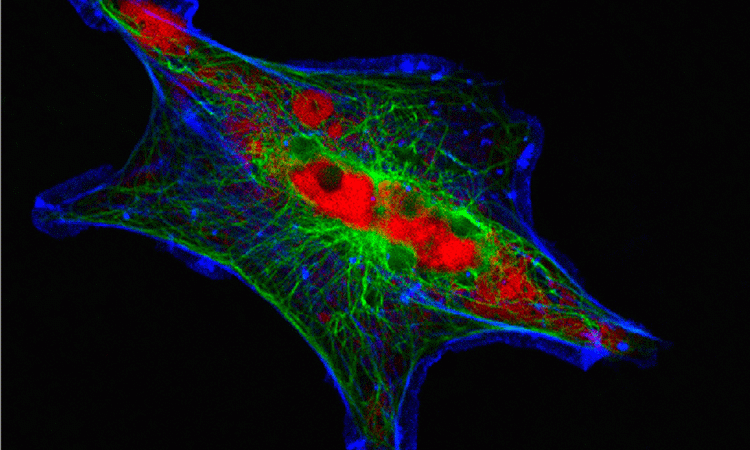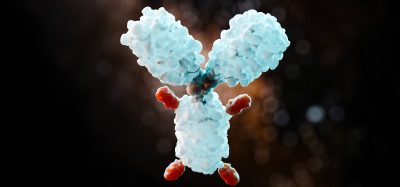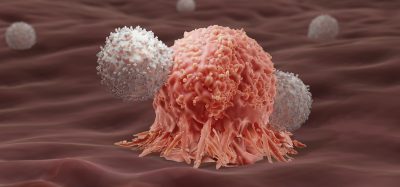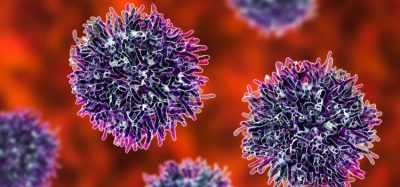Researchers discover new neuroblastoma drug target
Posted: 31 July 2019 | Victoria Rees (Drug Target Review) | No comments yet
A study has discovered that reducing expression of a key gene in neuroblastoma tumourigenesis is an important drug target for the condition.


A study has discovered the role of a gene in neuroblastoma tumourigenesis. According to the researchers, the findings identify a new target for the treatment of neuroblastoma.
The research, conducted by the Children’s Cancer Institute, Australia, found that the jumonji domain-containing 6 (JMJD6) gene plays a crucial part in the condition. They observed that when JMJD6’s expression was reduced, neuroblastoma survival in vitro and tumour progression in mice was reduced.
Previous studies have shown that neuroblastoma is caused by gaining the chromosomal region 17q. However, the specific genes involved in chromosome 17q were unknown.
Using a tumour database of 209 patients, the researchers found the JMJD6 gene active in more than 25 percent of the patients.
The authors said that “the JMJD6 gene is commonly gained in human neuroblastoma tissues and that a high level of JMJD6 expression independently predicts poor patient prognosis”.
Reducing the expression of JMJD6 in mice resulted in a reduction of neuroblastoma cell proliferation. Using a combination drug treatment of cancer medications currently in clinical trials, the team found that tumour size reduced by 80 percent compared to the control group.
Professor Hong-Xi Xu said that “the gene critical for the tumourigenesis of chromosome 17q-gained neuroblastoma has been identified and a novel therapy targeting JMJD6 has been validated in the laboratory.”
Xu continued that “discoveries from this study pave the way for further development of more clinically applicable therapies in chromosome 17q-gained neuroblastoma patients”.
The results were published in Nature Communications.
Related topics
Drug Targets, Oncology, Research & Development
Related conditions
Neuroblastoma
Related organisations
Children's Cancer Institute, Nature Communications
Related people
Professor Hong-Xi Xu








